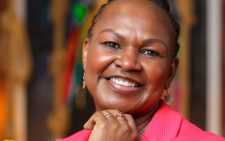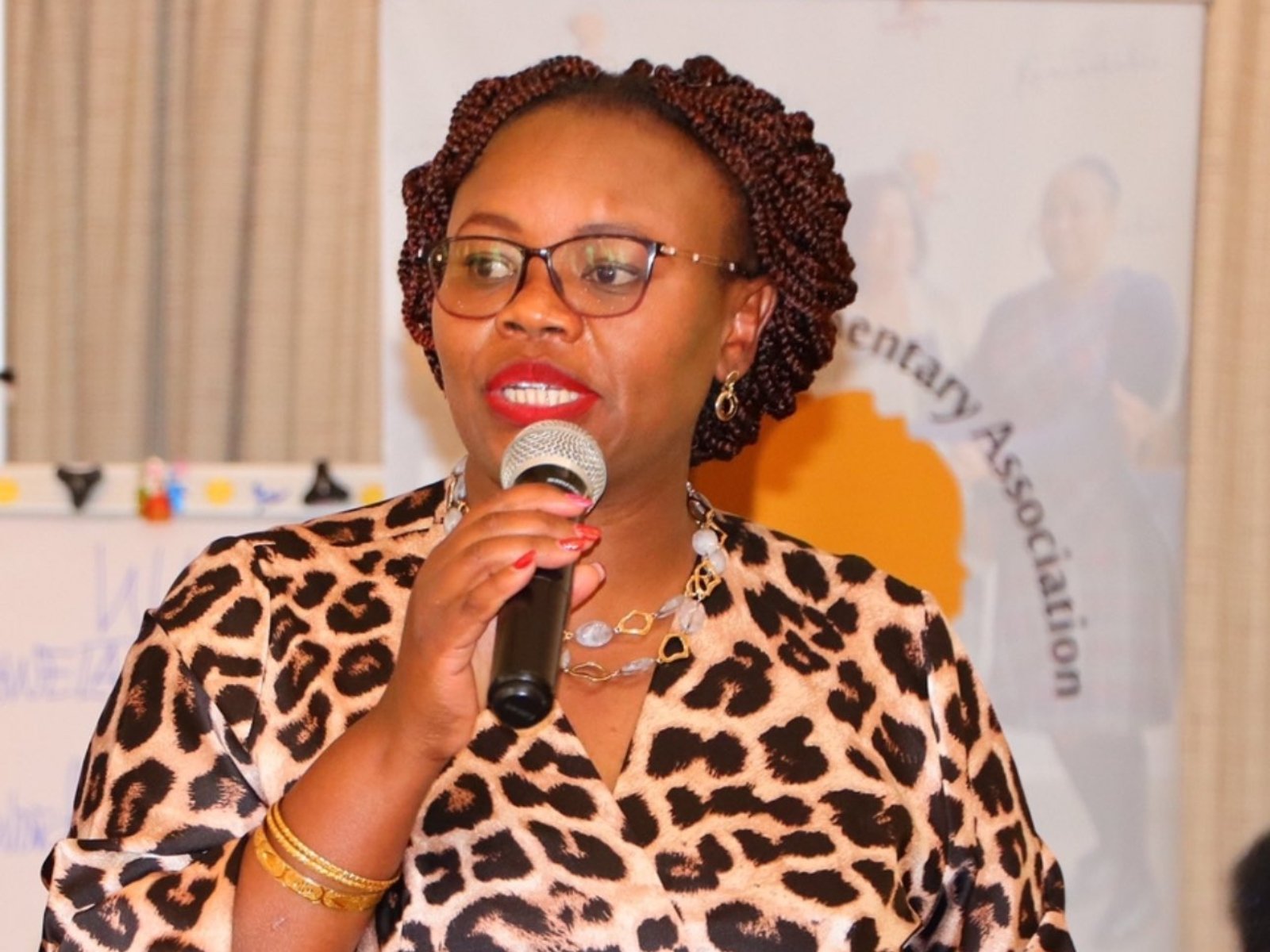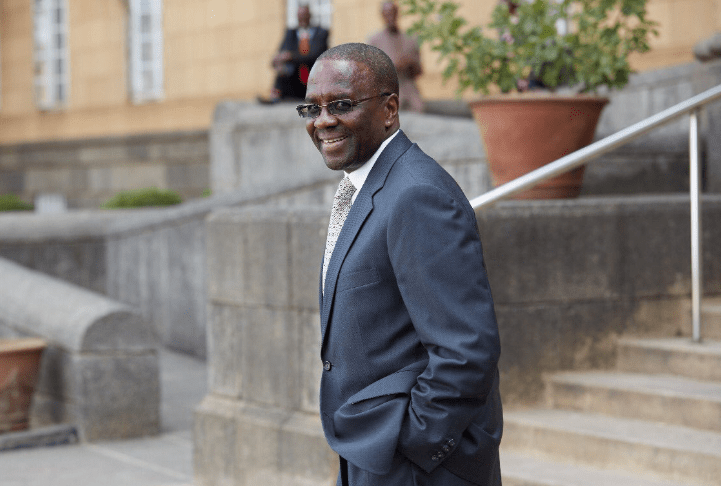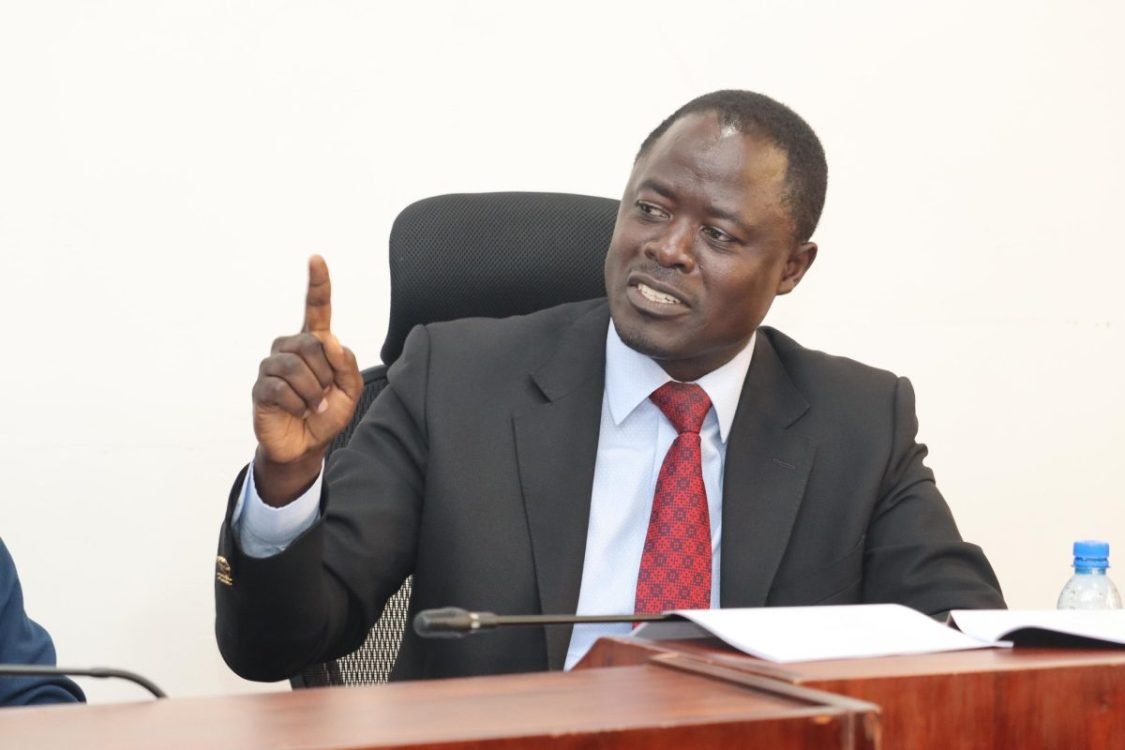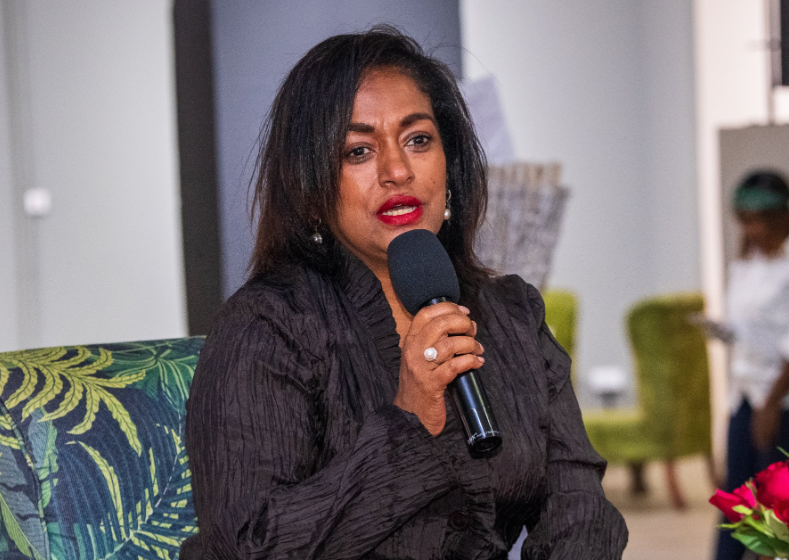Finding love after sexual abuse
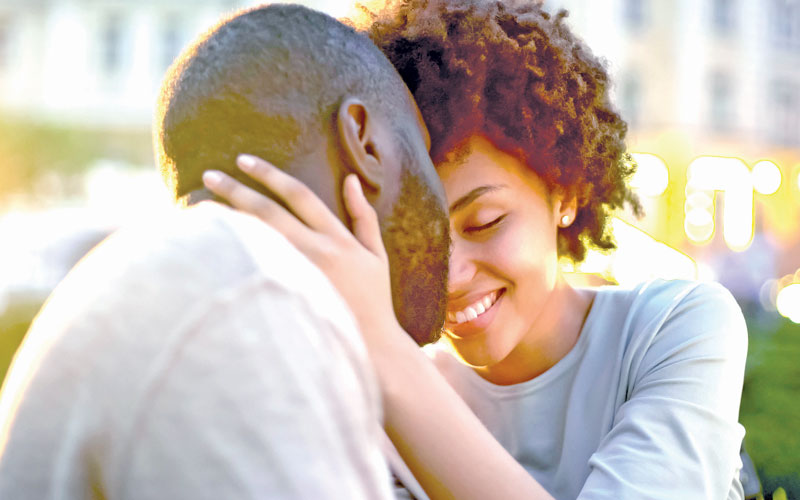
Ameerah Mungai was 12 years old when she was first sexually abused. It was by a person she knew very well. And just after high school, she was assaulted again, this time by a number of men.
“The first abuse was not a one day thing. It was a build, for lack of a better word, up of many things. When he touched my thighs and private parts, I knew something was wrong, but I let him do it since he threatened me with a machete. Eventually he raped me. For a 12-year-old, that was enough to silence me. This went on for a while, he would do it every time he got a chance. The second time, I was abused by four guys when attending a party just after high school,” Ameerah narrates.
She attributes the silence to internalised self-blame, hurtful reactions and dehumanising labels. “Sexual abuse is shameful, and shame is something that you want to keep to yourself. Keeping it a secret felt like I was holding gold, like I was not laying myself out there to be ridiculed and shamed,” she says.
Fearing men
The assaults impacted her negatively. She feared men— to her, every man was a suspect. It has taken her a long time to accept that the men she meets and interact with are not set out to take advantage of her. “Men were synonymous with fear and I would find myself giving in to someone just because I was scared that if I didn’t, they would rape me. At some point, someone told me that I had low self-esteem,” she says.
However, she has since sought therapy, which is slowly helping her cope with the effects of rape. “I am undergoing therapy and actively working to fight the thoughts that were embedded in me after the incidents. It is not an easy journey, especially learning to view people for what they are and not what they might be. I have learned to be with someone not out of fear, but because it is what I want to do,” she adds.
Dr Getter Wasilwa, a psychologist specialised in gender based violence management says sexual abuse survivors come to her devastated and disturbed. “Some come crying. They feel like every person is reading from their face that they have been raped. They feel dirty and destroyed. Others feel like their lives and dreams have come to an end,” explain Dr Wasilwa.
She says in most cases, survivors develop self-hatred and feel like every man might be a perpetrator. This makes rape survivors resent relationships. Those in married relationships find it hard to enjoy an intimate union due to loss of interest in sexual intercourse. But with proper counselling, they can move on normally. “The effects of sexual abuse can be long lasting and disastrous if they are not properly managed medically and psychosocially,” she says.
Not a life sentence
Chris Hart, a psychologist and relationship guru says the extent to which sexual abuse alters the perception of world by making it difficult to build relationships varies. “You cannot exactly predict the reaction from the assault. Some choose to shove it off immediately after the incidence while some are devastated for the rest of their lives. The best thing to do is talk with a professional who can help and walk with you through the healing process,” say Hart.
However, sexual assault is not a life sentence. You have a right to find love despite what happened. “The trick here is to talk to your partner about it from the beginning. A good partner should see past the abuse. If they do not, then you have no business being with that person,” advises Hart.
One thing to note is though you aren’t responsible for what happened to you, you are responsible for your healing. We can’t establish lasting love (or true intimacy) until we are at peace enough with past trauma. Until then, relationships are at best superficial, and at worst emotionally disastrous.
After trauma, the creation and enforcement of boundaries is paramount. Survivors pushed too far from their comfort zone while dating often experience panic attacks, regressed healing, and/or heightened depression and anxiety. In other words, relapse.
To avoid this, safety should be the main priority for every single date. That means choosing public, well-lit locations, sharing your location with a friend, and taking your sweet time before becoming sexually intimate with a love interest.

